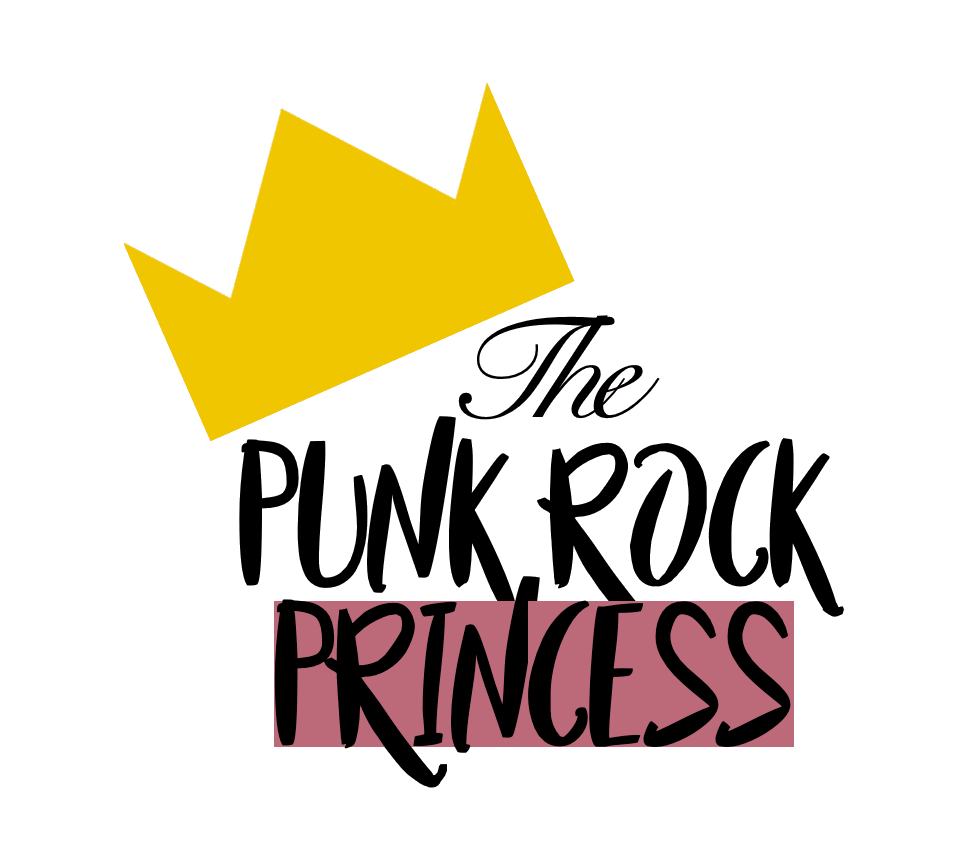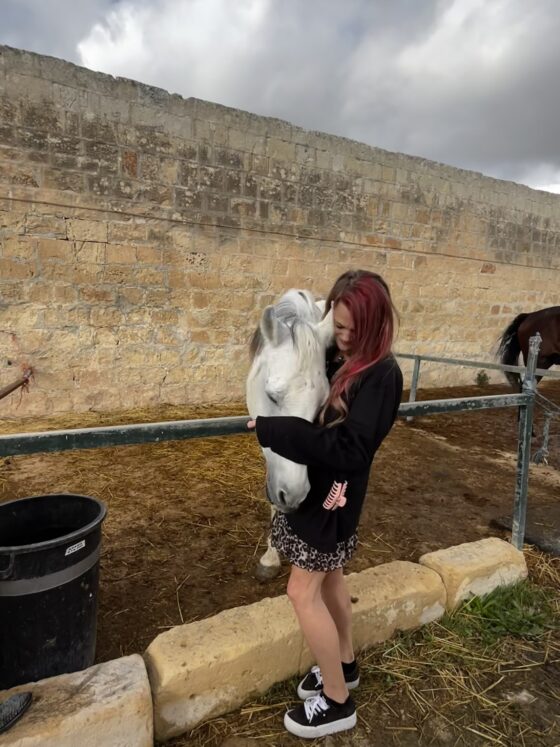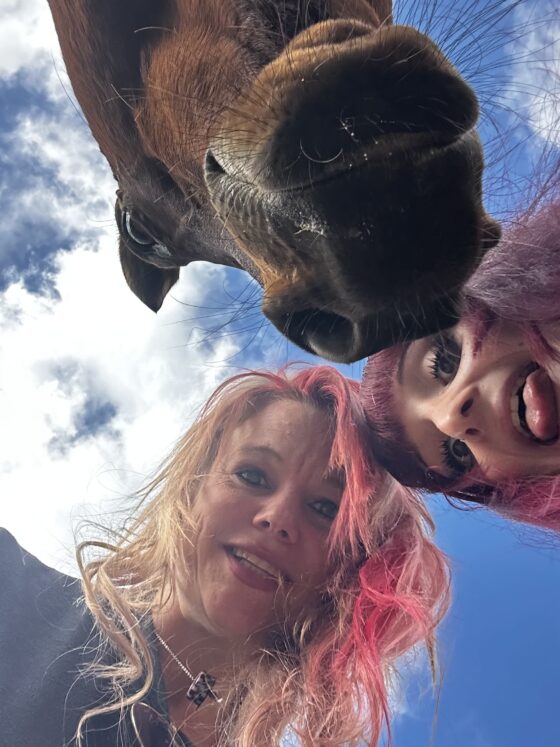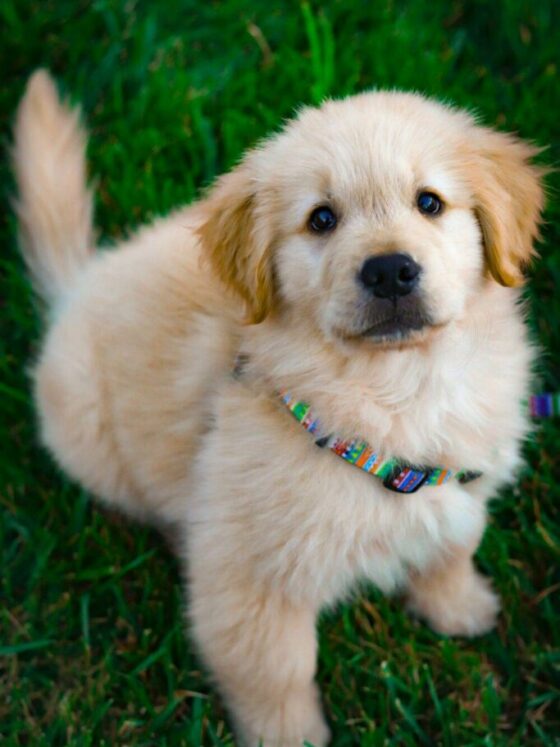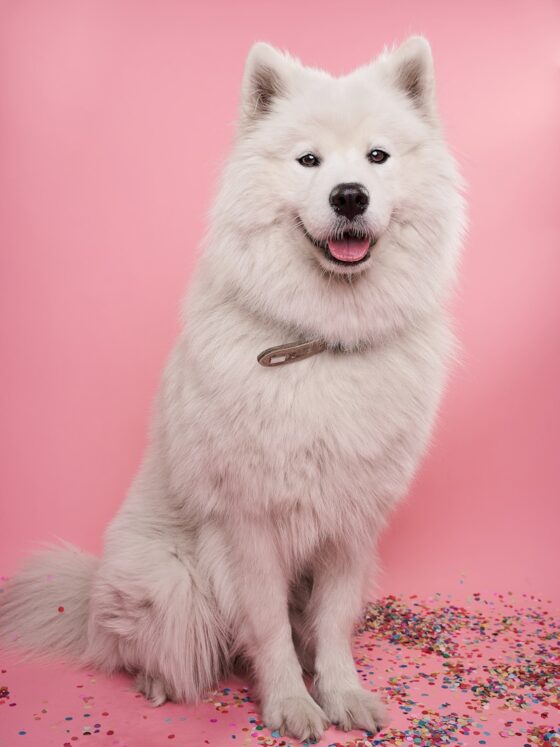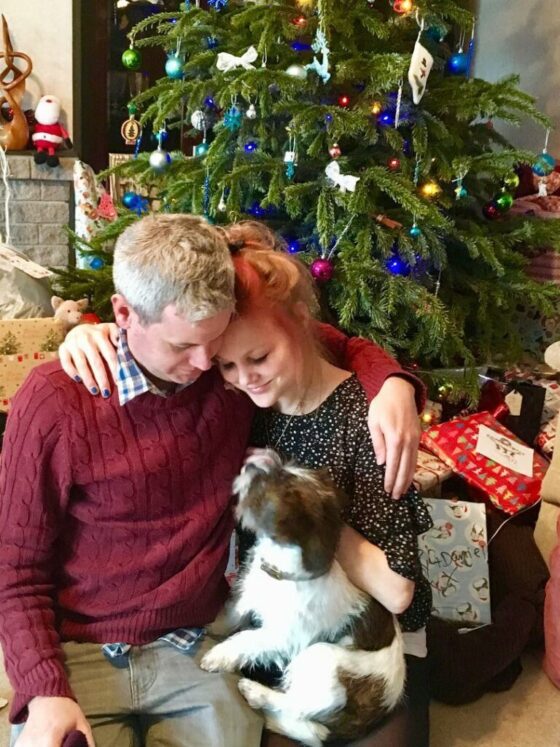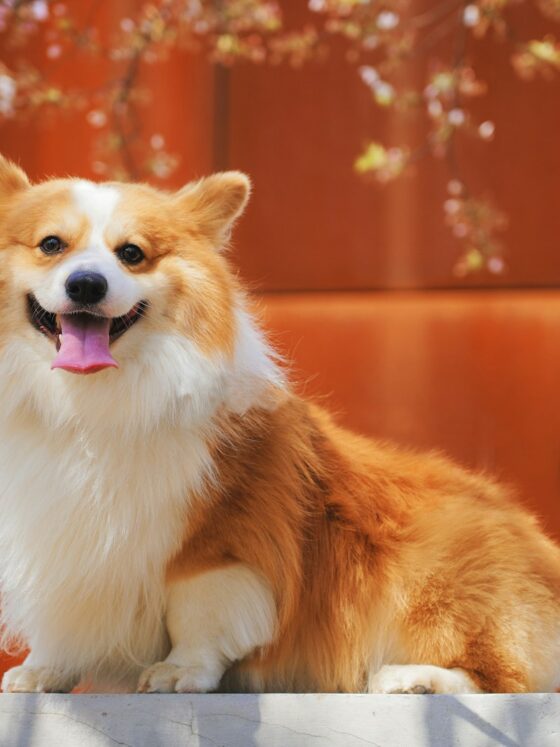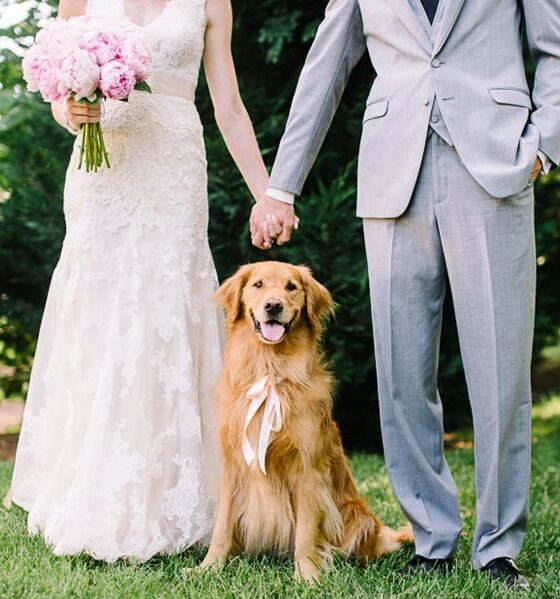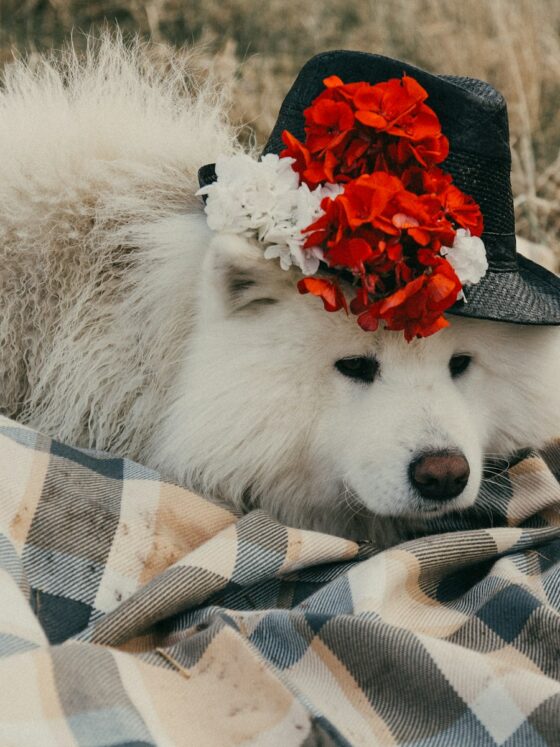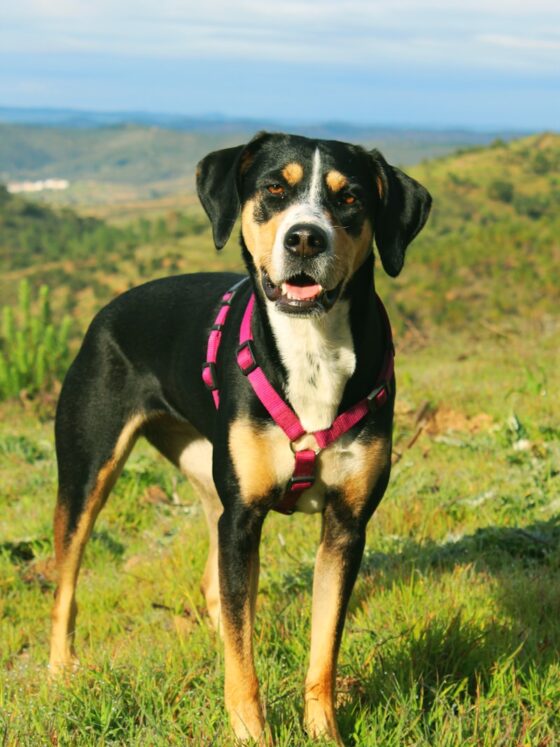Welcoming a puppy into your life is meant to be all cuddles, wagging tails, and happily-ever-after vibes, right? You picture long walks, sofa snuggles, and Instagram-worthy moments with your fluffy new best friend.
But then reality hits. Instead of sweet bonding time, you’re chasing a tiny tornado who’s chewing through handbags, peeing on the rug, and keeping you up all night.
Sound familiar?
Don’t panic — this is totally normal. Puppy teething and training can be chaotic, but it doesn’t have to ruin the romance. Here’s how to handle the most common puppy “problems” before they turn into dealbreakers.

What is teething, really? (And when does it end?)
Before you can tackle teething, you need to understand what’s actually going on in that tiny mouth.
Puppies are born toothless, but by the time they’re six weeks old, they’ve developed a full set of 28 baby teeth. Between 12 to 16 weeks, those baby teeth begin falling out and adult teeth (all 42 of them!) push their way in.
This transition causes pressure, discomfort, and an intense urge to chew. Teething typically ends by the time your pup is six to seven months old. What happens during that window? It’s open season for anything chewable from furniture to fingers.
Key signs your pup is teething:
- Excessive drooling
- Swollen, red gums
- Chewing on everything
- Occasional bleeding in the mouth
- Mild irritability or restlessness
Don’t worry it’s temporary and completely normal.
Chew marks on your favourite handbag (yep, that one)
So you walk into the room and find your precious Prada or beloved Birkin looking like it survived a shark attack. Your first instinct? Fury. Your second? Googling “can puppies be returned?”
But before you go there remember, they’re not being malicious. They’re teething. Those little razor-sharp teeth are driving them mad, and your leather tote just happened to be nearby.
What to do:
- Puppy-proof your space. Keep valuables (especially chewable ones) out of reach.
- Stock up on teething-safe chew toys — frozen carrots, rubber rings, and textured bones are your best friends.
- Redirect, don’t scold. Calmly swap your bag for a toy and praise them for chewing the right thing.
This is a phase. And with the right toys (and some extra patience), it will pass.
Accidents on the carpet (ugh)
Nothing tests your love like stepping in a warm puddle… in socks… on your cream rug. The truth is, puppies don’t come potty-trained. They’re learning everything from scratch, and “please don’t pee on the floor” isn’t exactly something they’re born knowing.
How to stay sane:
- Start toilet training immediately.
- Use pee pads around the house while they learn.
- Stick to a feeding and potty schedule it helps them anticipate when it’s time to go.
- Celebrate the wins. Every successful wee outside deserves a mini celebration.
Consistency is key. Your floors (and your sanity) will thank you.

Sleepless nights & bedtime battles
You expect sleep deprivation with a baby. But with a puppy? You might not be ready for the late-night crying, howling, or that one 3am moment where you swear you’re never getting a pet again.
Here’s the thing: your pup is adjusting to a new world away from their littermates and everything familiar. Of course they’re anxious.
How to help (without creating bad habits):
- Avoid bringing your pup into your bed (we know it’s tempting).
- Create a cosy, crate-based sleeping area that feels safe.
- Use calming toys or even a blanket that smells like you.
- Keep a consistent bedtime routine they’ll settle faster with a schedule.
Stick with it, and within a few weeks, you’ll both be sleeping soundly.
Quick wins to make puppy parenting easier
Feeling overwhelmed? We get it. But sometimes, all it takes is a few smart tricks to flip the chaos into calm.
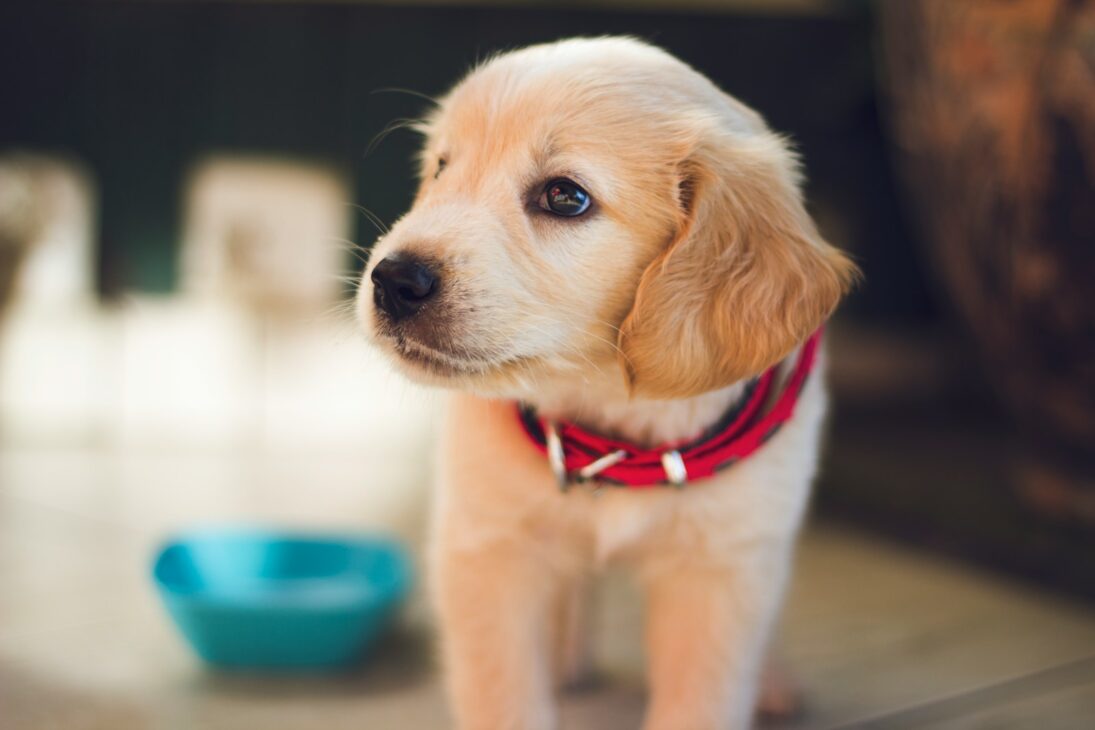
Here are five fast fixes every new dog parent should try:
- Frozen washcloths – Soak a cloth in water, freeze it, and give it to your teething pup. Instant relief!
- Scent swapping – Put one of your worn t-shirts in their bed for comfort when you leave the room.
- Chew toy rotation – Don’t give them all the toys at once. Rotate every few days to keep interest high.
- Use baby gates – Limit access to rooms until they’re fully trained.
- Reward the calm – Don’t just discipline bad behaviour; reward the good. Calm cuddles, quiet sitting, or chill chewing all deserve a treat.
Parenting a puppy is just like parenting a toddler. Structure, boundaries, and a bit of creativity go a long way.
Love takes patience — even puppy love
It’s easy to fall in love with the idea of owning a dog. The reality? It takes time, effort, and a whole lot of wet wipes. But don’t let a few chewed-up shoes or sleepless nights shake the bond you’re building. Puppies aren’t born perfect. They become your best friend through your love, consistency, and care.
So when you’re feeling overwhelmed, just remember: the chaos won’t last forever but the love you’re building? That’s for life.

